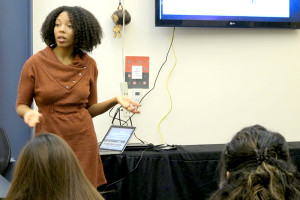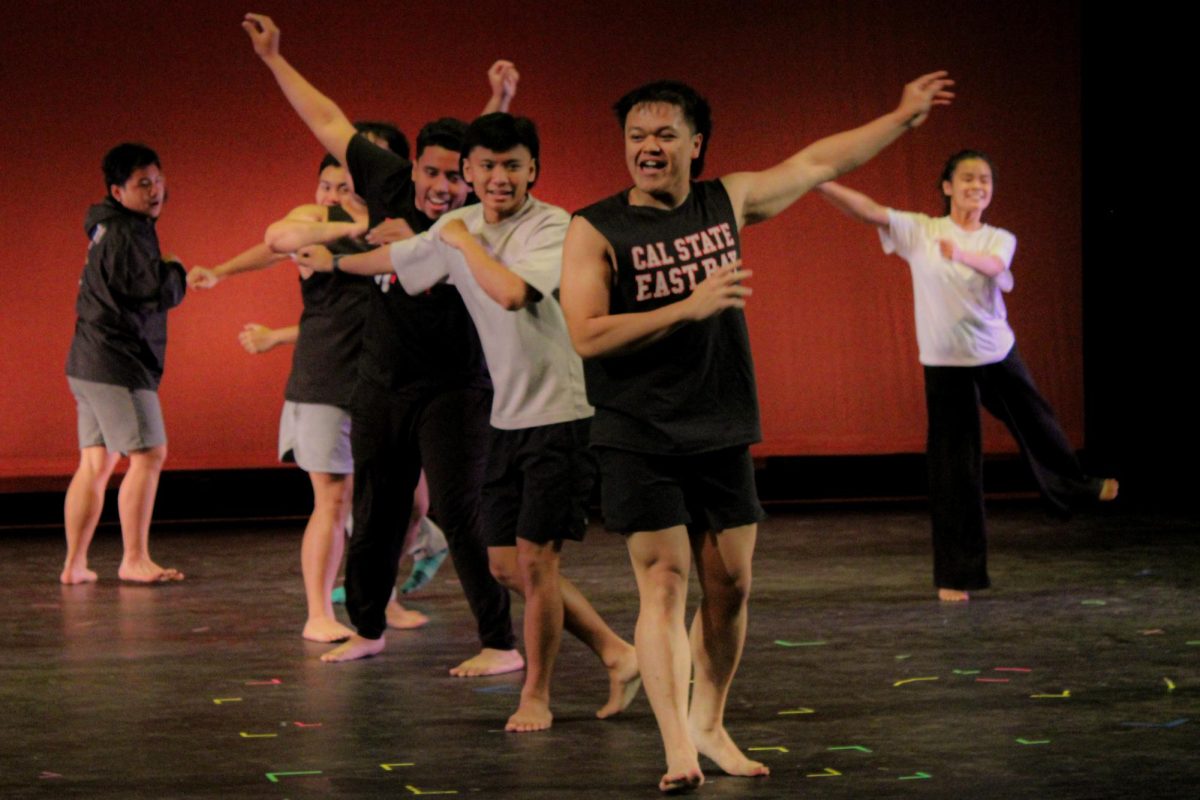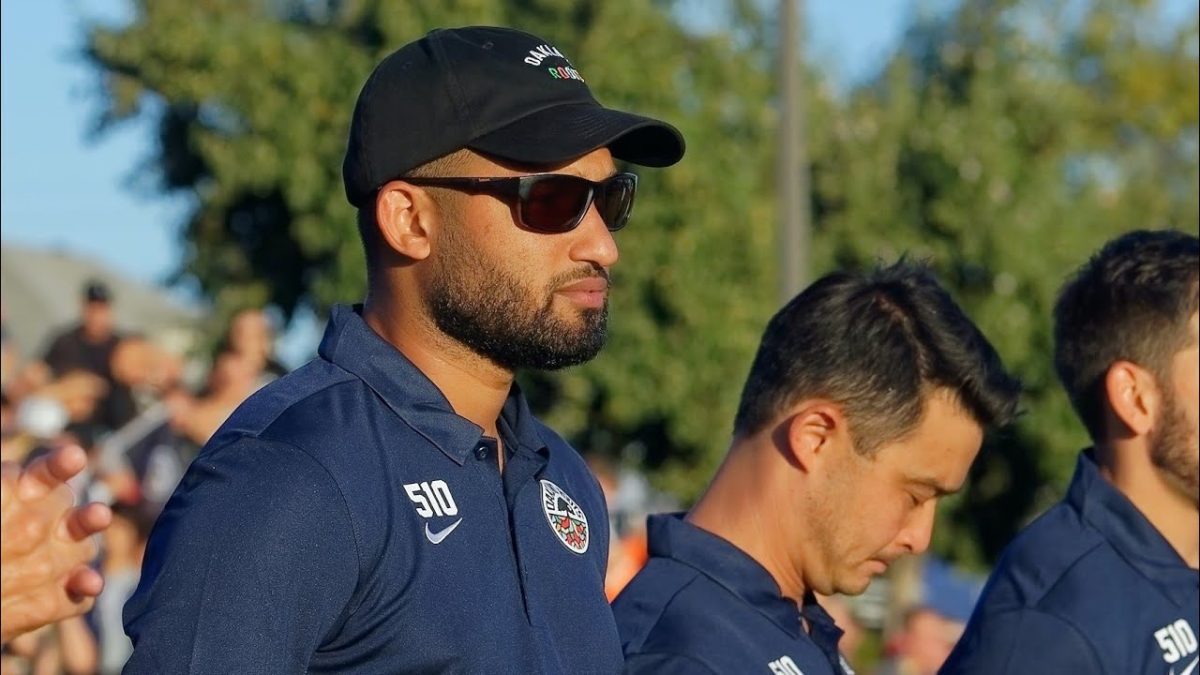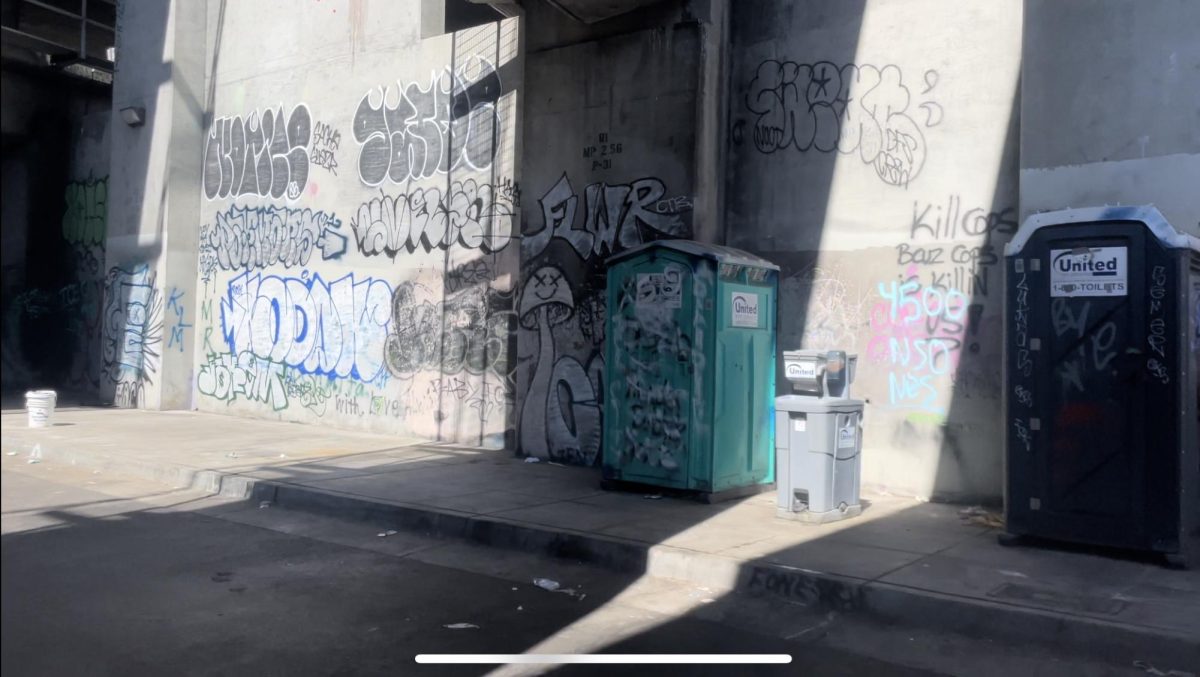
men and women are misrepresented in American
media.
CSU East Bay’s Diversity Center welcomed Sheri Davis-Faulkner of Crunk Feminist Collective (CFC) to enlighten students on the realities of the media industry as it affects women and men of color last Thursday.
The CFC, a progressive group of internet bloggers, has been working for the past two years to raise awareness for women and men of color who grew up in the evolution of the Hip Hop generation. Specifically, the group is calling on all women and men of color to “look beyond the frame” and find their own sense of empowerment, and call out all counts of sexism.
As the third installment for the “Between the Lines” speaker events hosted by Associated Students Inc. (ASI), event supervisor Allen Johnson says this is one of the conscious efforts “to educate students on issues such as this, that deal with multiculturalism.”
Johnson, who has been following the CFC blog for over a year, says the organization mainly covers issues that are “prevalent in non-academic communities, specifically the issues of sexism found in reality television.”
Faulkner, who attended Spellman College, a historically black liberal arts college for women in Atlanta, Ga. and graduated with a doctorate degree in ethnic studies, is currently working with CFC to focus on an aspect of popular culture that focuses primarily on black women as they are portrayed in reality television.
She drew students in with “When Keeping it Real Goes Wrong,” a sketch comedy from actor and comedian Dave Chapelle. In these sketch comedies, men and women of color would break out of their ordinary routines in order to stand up for themselves.
In order to paint a more vivid picture on the current issue facing women of color in the media, Faulkner showed a YouTube video of Regis Philbin slapping the derrieres of female rapper Nicki Minaj on Live with Regis and Kelly.
“This video really showed how it’s not enough that men and women of color are being seen in the media,” said Johnson. “Yeah, we’re in your classrooms and in your White House, but it’s about how we are being represented within these forms of media and how do we deconstruct these stereotypes and be able to educate people?”
Faulkner emphasized the fact that not a lot of black women are in films, and of the ones that are on television they are predominantly on reality television shows where they continue to play stereotypical roles.
Shows like Big Sexy, a reality show where models are strictly plus-sized, were scolded for being too “hetero-normal” and scrutinized for lacking black female candidates, considering four out of every five African American women struggle with obesity.Faulkner also urged students to “look beyond the frame” when the media is attempting to silence the narrative.
“In silencing the narrative, you have to look at the action in the frame, and then think about what is the larger thing at play,” said Johnson.
Faulkner received the undivided attention of students as she raised awareness about other inconsistencies of the media industry.
She told the story of 15-year-old Tiffany King, a high school student weighing 216 pounds was awarded a scholarship in 2010 to attend Wellspring Academy of the Carolinas, a weight loss high school in North Carolina. The New York Times and CBS News have featured King in 2008 and 2009 when her story became of national focus.
Faulkner says what people didn’t know is that Wellspring Academy is owned by previous republican candidate Mitt Romney, who also owns Bain Capital, the fast food chain sponsoring Well Springs Academy. Furthermore, Faulkner says there are 21 Bain Capital owned restaurants within King’s neighborhood.
“She did her research. It’s about being aware and not taking things at face value, and hopefully students find empowerment through this story,” said Johnson.
“We hold an intense responsibility to educate on the systems at hand, so we can be more aware. It’s not enough for professors to talk about feminist theory, if we are not actually empowering the ones who are oppressed.”

















